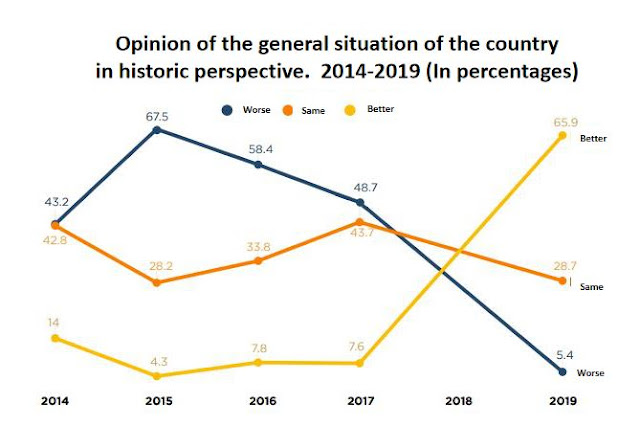State Department symbolically bars defendants in Jesuit case from entering the US
The US State Department today barred from entry into the United States several former Salvadoran military officers for their involvement in the 1989 massacre of six Jesuit priests, their co-worker and her daughter. The State Department press release reads in part: Today, the Department of State is publicly announcing the designation of 13 individuals under Section 7031(c) of the Department of State, Foreign Operations, and Related Programs Appropriations Act 2019. This designation is due to their involvement in gross violations of human rights in El Salvador related to the planning and execution of the extrajudicial killings of six Jesuit priests and two others on November 16, 1989 on the campus of Central American University in El Salvador. The United States condemns all human rights abuses that took place on both sides of the brutal civil war in El Salvador, including those committed by governmental and non-governmental parties.... The Department...


